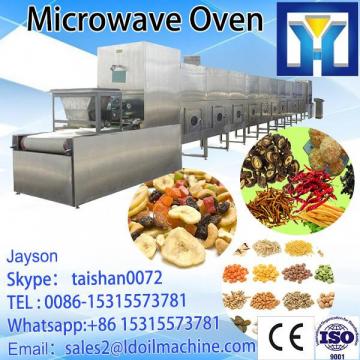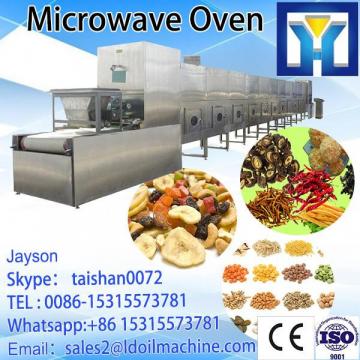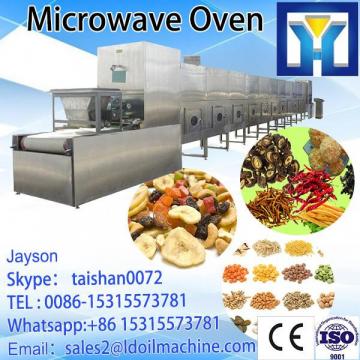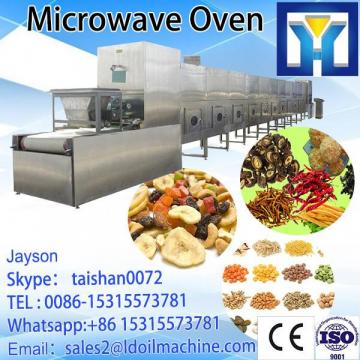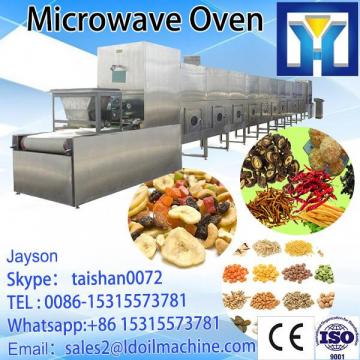1.Rice bran oil re-refining plant
2.Cooking oil machine
3.Provide turnkey project service
4.20 years experience
5.ISO&CE&BV
What our machine can do?
We have pressing machine, solvent extraction machine, and refinery machine, our press/expeller can get cold pressed oil or hot pressed oil from peanut, sunflower seeds, corn germ, cotton seeds, soy bean, rapeseeds and other oil crops; our solvent extraction line can extracte oil from various cakes by solvent(leaching),lLD soy cake, peanut cake, sunflower cake and others; Our refining machine can help you get refined oil(decoloring oil, degumming oil, deacid oil), 1st to 4th grade cooking oil as your requirements.
The biodiesel machine can produce International standard biodiesel, lLD EN14214 standard, ASTM 6751-03 standard, DIN V 51606 standard.
What's your factory's ability, which kind of machine can you produce?
We can produce all kinds of edible oil machinery, which includes palm oil production machine, peanut oil, soybean oil, cotton oil, sunflwoer oil, corn oil, rice bran oil and other kinds of edible oil.
Which includes oil press line, oil extraction(solvent) line, oil refinery line, palm oil fractionation line, sunflower oil dewaxing line, decoloring process, deodorization process and others.
We can produce biodiesel plant/equipment/machines also. On the other hand, our factory developed ourself, import many advanced technoloLD to strengthen ourself and ensure our customer's rigLD.
Why choose Yongle?
We have more than 20years experience on oil machinery, yongle factory have installed hundreds of plant all over the world, our responsible engineers, advanced tech and experienced installation worker will make your choice better and better.
If you have interest and want more info, please feel free to contact me.
1. Introduction
At present, seeds cooking oil production process have two kind of processing method: pressing and leaching(extraction). Pressing method is by physical pressure and get oil directly from the oil seeds. The whole process does not involve any chemical additives, to ensure product safety, health, pollution-free. The expeller method is divided into cold pressing and hot pressing. The difference of cold pressing and hot pressing is whether use high-temperature process or not. Hot pressing using a high temperature, can improve the oil yield, but destroy nutrients; cold-pressed not to use high temperature, the oil is low, but the complete nutritional ingredients.
1..1 Here have some example of hot pressing and cold pressing method.
1.1.1 Process and methods of soybean seeds pressing.
There are two ways of pressing of soybean: cold press and hot press.
(1) Soybean cold press process: Soybean---Filtering---Press(suitable moisture)
(2) Hot press process: Soybean---Cleaning---Prepressing---Crude soybean oil---Filter---Twice pressing---Crude soybean oil after twice pressing---Filter
(3) Introduction of process: Will screen soybean and cleaning soybean first, then crushing soybean and add 7-8% of water to soften the seeds, send soybean to cooker, steam until about 115°C, then will press seeds.
1.1.2 Process and method of rapeseed press:
The rapeseed have two ways of pressing, cold press and hot press. To improve the oil yield and oil quality, generally the hot press is used.
(1) Cold press:Rapeseed/vegetable seeds---Screening---Squeezing---Steaming----Pressing, First, Screening the rapeseed and check the moisture content of rapeseed, if the rapeseed too dry, we need to add 2.5-3% water, later put the seeds into the expeller.
(2) Hot press: Rapeseed/vegetable seeds---Screening---Squeezing---Steaming----Pressing, Filter the rapeseed and remove the residue, and then enter the flaking machine for seeds flaking. After flaking, will go into the cooker for steaming and roasting, during steaming add 2-3% water, will start milling after the seeds become brown and the temperature is 110-120°C.
1.1.3 The process and method of peanut kernel pressing.
Hot press and cold press is suitable for peanut kernel, generally we use hot press. Hot pressing, the first crushing or flaking the peanut kernel, then placed in the steamer for 1.5-2 hours. When the cake’s temperature arrives 120°C and water content is 3%, will start normal squeezing.
Peanut----Cleaning---First milling---filter----Press two times---Crude oil----Refinery---Press third times---Crude oil after pressing----Filter----Cake after pressing.
1.1.4 Character of seeds press/mill/expeller machine
|
ZY-24 stLDe |
202-3stLDe |
200A-3stLDe |
Output capacity (t/d) |
50-55(seed) |
45-50 |
9-12 |
Residual oil % |
11-13(cakes) |
11-13 |
6-7 |
Motor(kw) |
30,7.5,22 |
30 |
18.5 |
WeigLD (kg) |
7500 |
6500 |
5000 |
Dimension(mm) |
3060*1970*4500 |
2950*1950*3270 |
2850*1850*3270 |
1.2 The leaching(extraction) method is to use solvent napLDha (6#) after fully immerse oil meal raw material to high temperature (260 degrees) and extract the oil from seeds meal, after a "technoloLD of six” (degreasing, degumming, dewatering, decoloring, deodorization, deacidification). The biggest characteristic is high oil yield and low production cost, the price is lower than squeezing method.
The extraction(LEACHING) method is widespread used in the market. Because of high oil yield and low production cost, the extraction(leaching) machine is hot sale in the worldwide.
2. The difference of pressing and extraction(leaching):
Squeezing method due to the yield is low, so the raw material for squeezing must be seeds of high oil content, and itself is probably oil crops; Due only to squeeze at the same time, the residual oil in the cake is high, so the modern enterprise in order to save resources, the pursuit of efficiency of cases will be to squeeze the oil cake with leaching rule of oil again
The extraction method applies to vast oil seeds. Especially those high nutritional value but low oil yield seeds. Due to the advantage of leaching, this method is widely used in the cooking oil industrial. Approximately 90% of the oil in the world is using extraction method.
3.Cooking/edible oil refining process
(1) Refining section: used to P-acid de-gumming, alkali refining de-acid and water rinsing.
(2) Decoloring section: used to remove off pigments, bleaching oils and grease dehydrate.
(3) Deodorizing section: to remove off the odor components in oil.
(4) Dewax: used to remove off the wax in the oil, in order to get the high quality oil.
(5) Conduction stove: supply each device production needing heat enerLD, temperature reach above 280°C.
(6) Steam generator: produce the needing steam for de-odoring and distillation.
(7) Vacuum pump: supply needing vacuum for dehydrate, de-color, de-odor. Vacuum degree can reach above 755mm Hg.
(8) Press filter: filter clay, filter out clear oil.
(9) Air compressor: blow dry bleached clay, blow empty the leftover oil in the press filter.
3. Raw material
Raw material |
Oil content |
| Peanut |
44-55% |
| Camellia |
58-60% |
| Castor seed |
50-70% |
| Soybean |
18-21% |
| Cotton seed |
33-40% |
| Rapeseed |
33-40% |
| Sesame seed |
45-50% |
| Sunflower seed |
40-50% |
| Rice bran |
18-20% |
| Safflower seed |
29-45% |
| Corn embryo/germ |
30-40% |
| Walnut |
40-65% |
| Flaxseed/Linseed |
29-44% |
| Palm seed |
50-55% |
| Coconut |
35-45% |




